I've finally come to terms with my phone addiction — I just don't know what to do about it
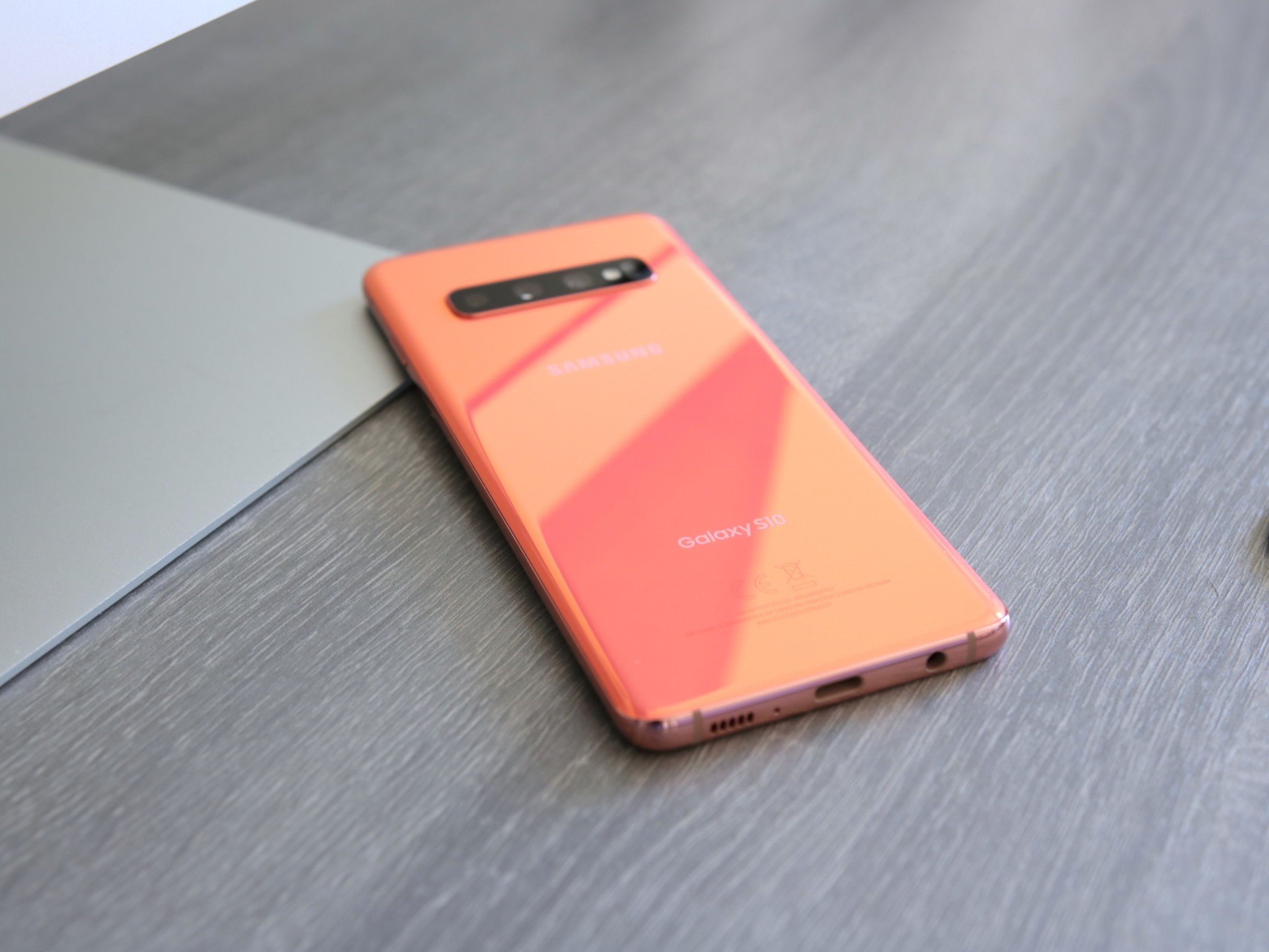
There I was. In a shuttle bus on the way to the La Rabida Monastery in Huelva, Spain traveling through a gorgeous country I've never before stepped foot in. A countryside of rolling hills and small towns moving past me of which I may never see again. Instead of having my face pressed up against the window to take in the scene around me, it was glued to my phone as I played a mindless game to kill the time.
That's when it finally clicked. Even though I've been conscious of it before, that's when I really came to terms with the fact that I am addicted to my phone.
Like I'm sure a lot of people do, I've tried to justify this addiction anytime I'm questioned or pressed about it. "I have to be on Twitter for work" is one of my go-to's, and while it's true that I use Twitter for networking and scanning news headlines, it's not a valid reason why I spent over seven hours this past week on social media apps alone.
By nature, smartphones are designed to pull us in and keep us there for as long as possible. Twitter wants you to spend as much time as you want scrolling through your timeline, Amazon would love for you to check its app multiple times each day looking at deals, and YouTube would do anything to get you to spend all of your waking hours watching video after video.
The apps we use make money on our attention, whether it be serving us ads or pushing products in our face until we finally tap the buy button.
I appreciate digital wellbeing tools — I'm just not sure they're really doing anything for me.
Last year, we saw efforts from Google and Apple to help us reduce phone usage and focus on our "digital wellbeing." Hop on any Android phone running Pie or your friend's iPhone, and you'll find tools built into the operating system to help you set limits on how long you can use apps and readily see how much you're using your phone throughout the day.
Initially, I was really excited about features like this because I thought it'd make a noticeable difference in how I use my phone. They made an impact at first, but as time went on, I simply ignored and stopped using them.
Be an expert in 5 minutes
Get the latest news from Android Central, your trusted companion in the world of Android
A lot of that definitely falls on me not taking full responsibility for my usage habits, but at the same time, how useful are these tools?
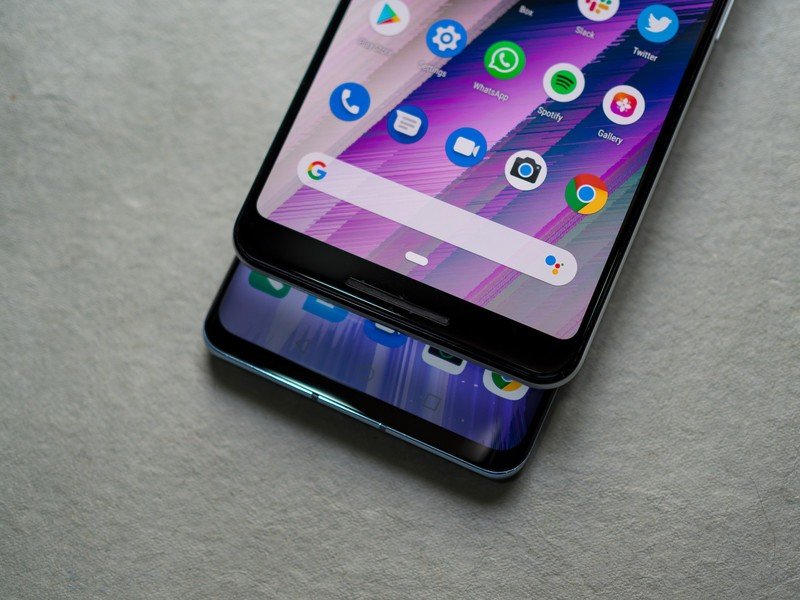
Google and Apple both talk a big game about wanting to help people minimize the usage of their devices, but in all honesty, the efforts aren't genuine in the slightest. Both of these companies benefit the more you use their apps and services, and while they might create one thing to help you use your phone less, they've got a million of other apps/services waiting for you to consume and spend money on.
That's not necessarily a fault of those companies, though. They're not responsible for our mental wellbeing and exist to make a profit.
So, if that's the case, where do we go from here? What steps do we take to get better? I've been asking myself that for the last few days, and I'm honestly not so sure.
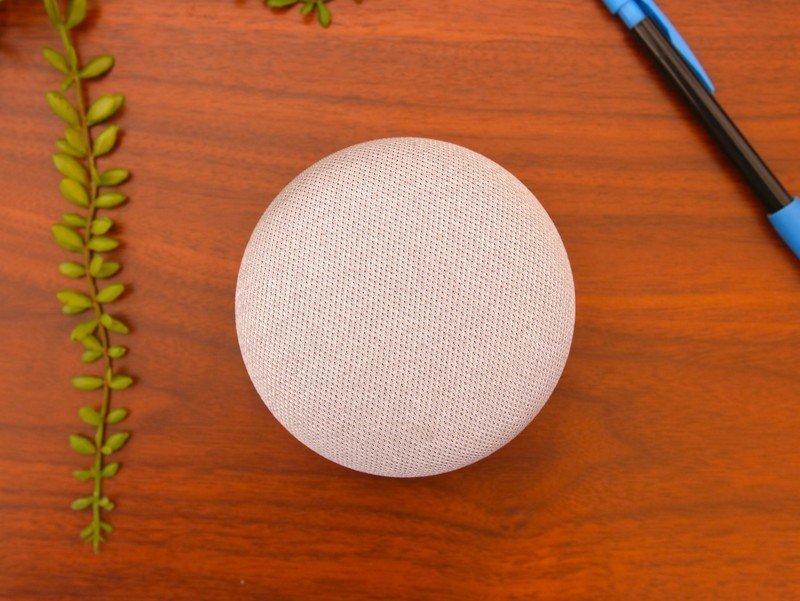
One thing that I do think has helped a bit, at least for me personally, is smart speakers.
Prior to things like Google Home and Amazon Echo, I'd hop on my phone to do things like check the weather, add an event to my calendar, see what movies are coming out this week, or just look up random questions that come to mind — all things that would result in me getting on my phone with a single task in mind only to end up spending far too long getting sidetracked by this, that, and the other thing.
Because of that, I'm really glad we have smart speakers and am beyond excited to see where we take this technology next. Even on things like the Google Home Hub which have a screen, it's designed to serve you the information you need and then get out of your way so you can carry on with your day.
Smart speakers have started to help curb my addiction — at least a little bit.
If you ask me, I don't ever see smartphones adopting that same idea. I mean, devices like the Palm Phone have tried, but we all know how that turned out.
I think that's what has me so unsettled about my realization. I'm aware of how much I'm using my phone and want to do something about it, but I've yet to find a method or practice that makes a genuine difference. I'm sure plenty of people will comment saying I'm lazy and that I need to just put my phone down, but that's far easier said than done. It's obviously not anywhere on the same level, but it's like telling a person to quit smoking cold turkey. Some folks can pull it off, but for others, it's not an option.
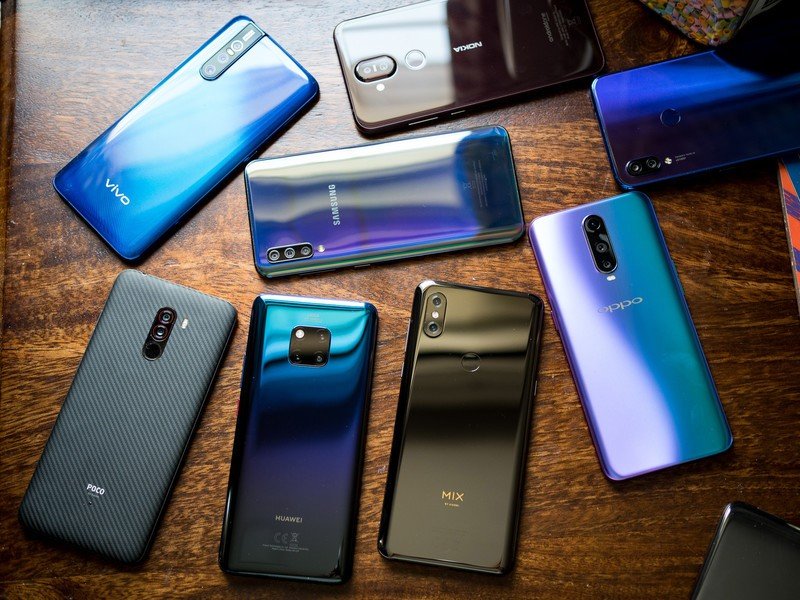
I felt even more dishartend by this addiction on my flight back home from my trip to Spain. I sat next to someone who is studying abroad at a local college where I live, and talking with him during the flight, he mentioned the culture-shock of coming to the U.S. where everyone is constantly on their phones and so anti-social. In his country, he said that people are far more outgoing and willing to strike up a face-to-face conversation on a dime. That just does not happen in the U.S., at least not with the majority of people in my age group, and I genuinely wish that was different.
So yeah, that's where I'm at right now with my addiction. I've acknolwedged it before, but it wasn't until last week when it really set in that something needs to change. I've yet to figure out what that consists of, but if you have any tactics that have worked for you, I'd love to hear them.
And with that said, I'm going to get off my computer, not look at my phone, and take in the world around me. Or at the very least, try my hardest to do that. Just let me check this notification first.
Some of my favorite non-addictive tech
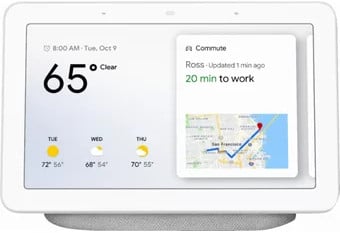
Google Home Hub ($99 at B&H)
Even though it has a display, the Google Home Hub isn't a device you want to sit down and use for hours on end. It has the Google Assistant to read and show information or answer questions so you can get on with your day.
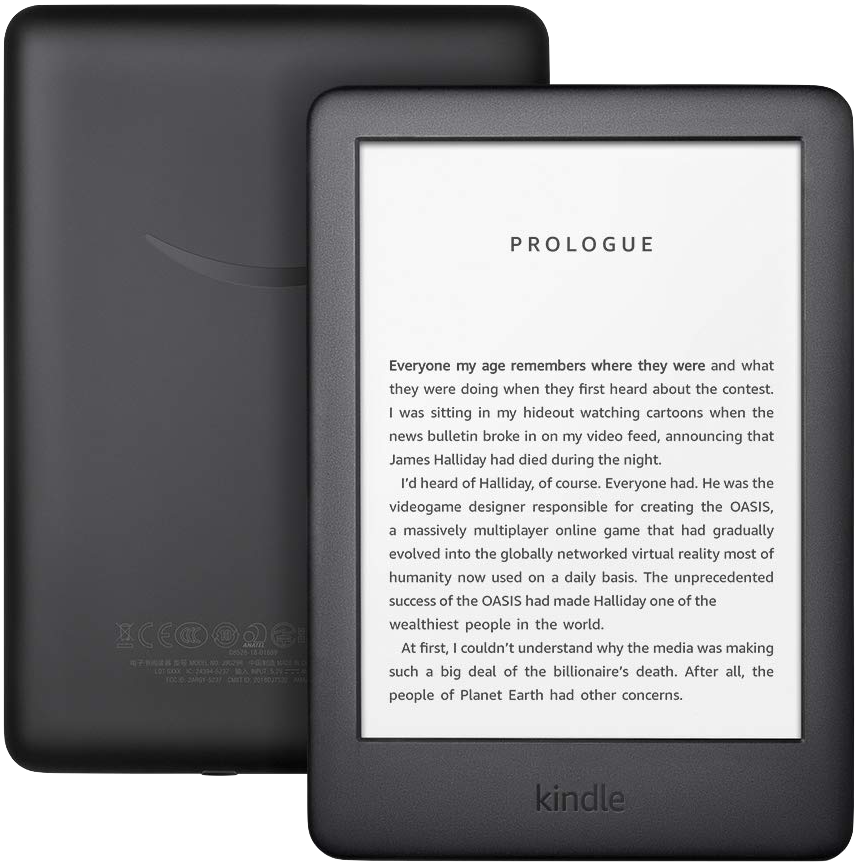
Kindle (2019) ($90 at Amazon)
I don't read nearly enough, but with the Kindle, it's a lot more accessible. This new model now has a backlight for easier reading outdoors, tons of settings to fine-tune your experience, and supports audiobooks.
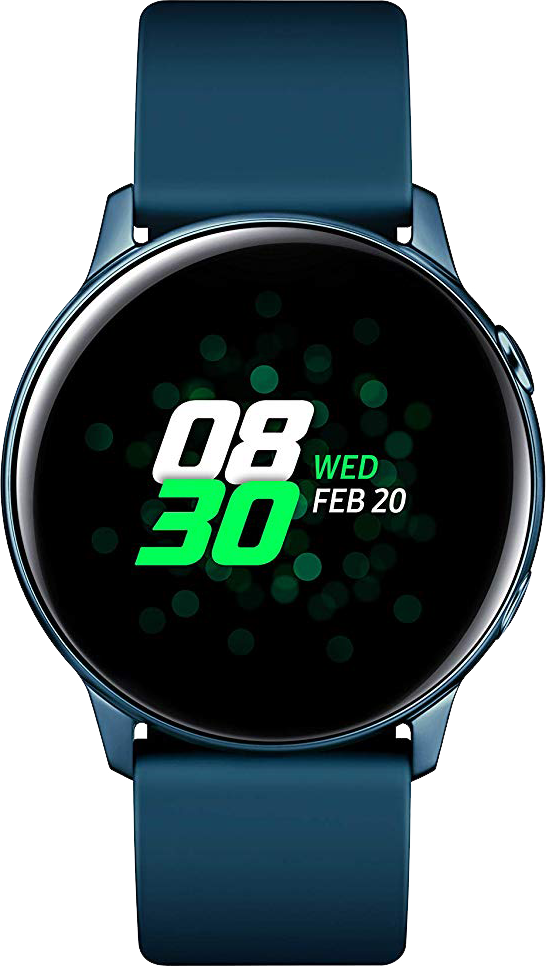
Samsung Galaxy Watch Active ($200 at Samsung)
Not having to pick up your phone each time you get a notification can help curb your addiction, and with the Galaxy Watch Active, you can see who wants your attention just by glancing at your wrist.
Joe Maring was a Senior Editor for Android Central between 2017 and 2021. You can reach him on Twitter at @JoeMaring1.

